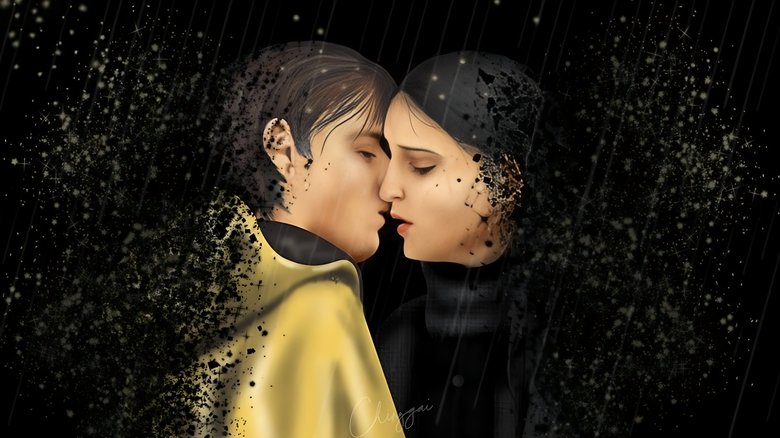best mind-bending tv shows to challenge your perception
Explore a curated list of mind-bending TV shows that twist reality and keep viewers questioning what’s real. These series blend mystery, psychology, and sci-fi to deliver unforgettable, thought-provoking experiences.

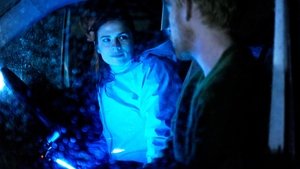
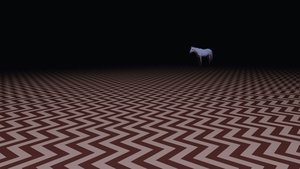
Mind-bending TV shows have a unique way of captivating audiences by challenging perceptions and blurring the lines between reality and imagination. Series like Black Mirror and Mr. Robot delve into the complexities of technology and consciousness, often leaving viewers to interpret layered narratives and ambiguous endings. Shows such as Westworld and Legion push the boundaries of storytelling with rich visual symbolism and nonlinear plots that demand attention and analysis.
Classic cult favorites like Twin Peaks and The Twilight Zone set the groundwork for this genre, combining surrealism with suspense to create timeless, influential stories. More recent hits like Dark and The OA weave intricate puzzles involving time travel and alternate dimensions, making each episode a piece of a larger enigma.
These shows are not just entertainment; they invite active engagement, encouraging viewers to unravel mysteries, question reality, and reflect on human nature and existential themes. Watching this selection offers a thrilling journey through some of the most innovative and intellectually stimulating television ever produced.
14. Stranger Things (2016)
'Stranger Things' is a nostalgic sci-fi horror series that pays homage to 80s genre classics. While it features mysteries, parallel dimensions (the Upside Down), and supernatural elements, its core is more rooted in adventure, horror, and character relationships rather than psychological manipulation or reality distortion in the way more traditional 'mind-fuck' shows are. It's a thrilling ride with a complex mythology involving government conspiracies and terrifying creatures, but it's generally straightforward in its narrative structure and less focused on challenging the viewer's perception of reality itself compared to others on this list.

13. Fargo (2014)
Inspired by the Coen Brothers' film, the 'Fargo' anthology series presents different crime stories across various eras in the same snowy Midwestern universe. While rooted in crime, dark humor, and quirky characters, the show often incorporates elements that nudge towards the 'mind-bending', including mysterious figures, seemingly supernatural events, and a pervasive sense of cosmic indifference or absurdity that warps the characters' realities. Each season offers a unique tone and puzzle, playing with narrative perspective and the strange ways violence and consequence ripple through interconnected lives.
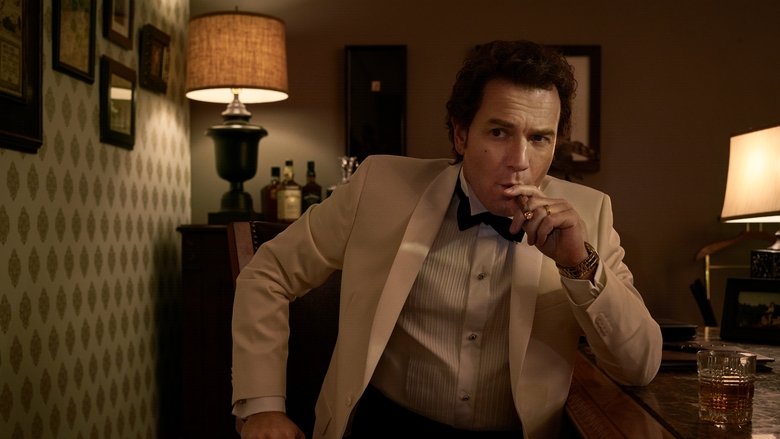
12. True Detective (2014)
While primarily a crime anthology, 'True Detective' often dips its toes into psychologically complex and philosophically dark waters, particularly in its acclaimed first season. That season follows two detectives investigating a bizarre ritualistic murder in Louisiana, and as the case spans years, their own psyches begin to unravel. The show uses unreliable narration, delve into nihilistic philosophies, and features surreal imagery (like Rust Cohle's visions) that blurs the line between reality and delusion. Subsequent seasons explore different crimes and characters but often retain a focus on the psychological toll of investigating profound evil.
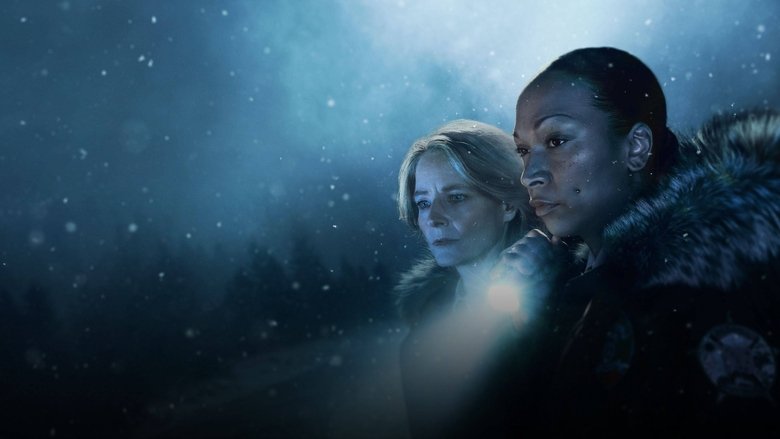
11. The Leftovers (2014)
From Damon Lindelof (co-creator of Lost) and Tom Perrotta, 'The Leftovers' explores the lives of those left behind after a global event known as the 'Sudden Departure', where 2% of the world's population vanished instantly and without explanation. While not a traditional mystery with a solvable answer, the show is profoundly psychological and philosophical, focusing on grief, faith, and the human need for meaning in the face of the unknowable. Its storytelling is often non-linear, surreal, and deeply emotional, challenging viewers to confront existential questions without providing easy answers. It's a powerful exploration of trauma and resilience.

10. The Twilight Zone (1959)
Rod Serling's 'The Twilight Zone' is a foundational series in speculative fiction, offering countless episodes that fit the 'mind-bending' criteria through its unique premises and often shocking twist endings. Each self-contained story explores supernatural, sci-fi, or psychological themes, reflecting on societal issues and the human condition through allegory. From parallel dimensions and time loops to unreliable perceptions and ironic fates, the show consistently challenged viewers' understanding of reality and possibility within its half-hour format. Its influence on subsequent genre television is immeasurable.
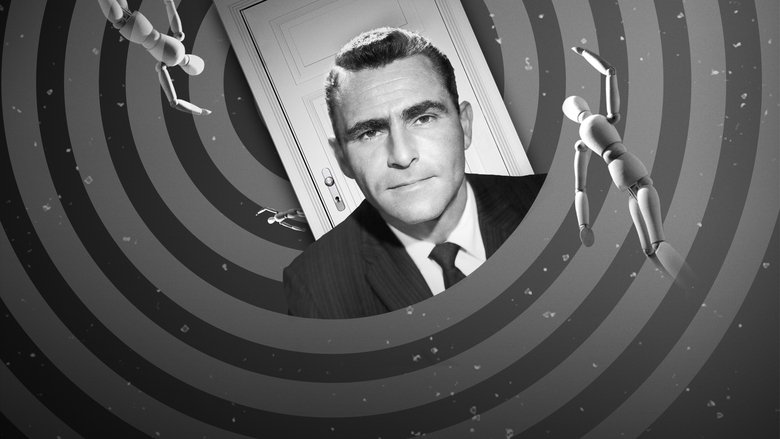
9. Lost (2004)
'Lost' captivated audiences with its complex mythology and character-driven mysteries centered around the survivors of a plane crash on a seemingly deserted island. While known for its intricate plot involving polar bears, smoke monsters, and the Dharma Initiative, the show also delved deep into psychological territory with its extensive use of flashbacks and flash-forwards (and flash-sideways!), revealing the characters' complicated pasts and interconnected lives before and after the crash. Its blend of sci-fi, mystery, and human drama, coupled with its serialized format and cliffhangers, set a new standard for television storytelling, even if some mysteries remained elusive.

8. The Prisoner (1967)
A true classic of surreal and allegorical television, 'The Prisoner' stars and was co-created by Patrick McGoohan. He plays a former British secret agent who resigns and is subsequently abducted and taken to a mysterious, idyllic village from which there is no escape. The village is populated by former intelligence personnel, and everyone is known only by a number. The series follows his relentless attempts to escape and discover the identity of his captors and the enigmatic 'Number One'. It's a profound exploration of identity, control, and freedom, wrapped in a stylish, often bizarre package that influenced countless shows that followed.
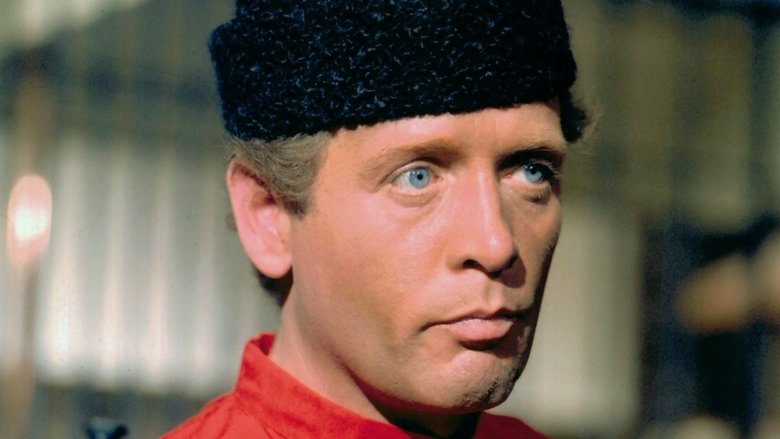
7. The OA (2016)
'The OA' is a truly unique and enigmatic series that defies easy categorization. It follows Prairie Johnson, a young woman who returns home after being missing for seven years, having regained her sight and calling herself 'The OA'. Her story, which she shares with a group of local teenagers, involves captivity, interdimensional travel, and a series of physical movements known as 'The Five Movements'. The show thrives on ambiguity and mystery, constantly blurring the line between reality and fantasy, faith and science. It's a show that requires a leap of faith from the viewer, offering a deeply emotional and often baffling journey.

6. Westworld (2016)
Based on Michael Crichton's film, HBO's 'Westworld' explores a futuristic theme park populated by synthetic androids, or 'hosts', who cater to the guests' every desire. The series quickly evolves beyond a simple sci-fi premise, delving into complex narratives about consciousness, free will, and the nature of reality itself. It's known for its intricate, often non-linear timelines and philosophical depth, constantly challenging the viewer to question what they're seeing and the motivations of both humans and hosts. The performances are stellar, bringing depth to characters grappling with existential crises in a high-tech playground.
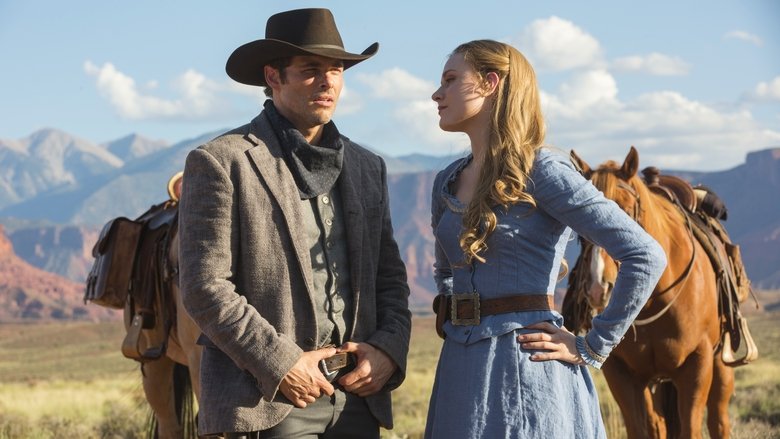
5. Twin Peaks (1990)
David Lynch and Mark Frost's 'Twin Peaks' is a groundbreaking series that redefined television with its blend of mystery, surrealism, and small-town eccentricity. What starts as an investigation into the murder of Laura Palmer quickly descends into a bizarre, dreamlike world populated by quirky characters, supernatural forces, and unsettling symbolism. The show thrives on atmosphere and ambiguity, often leaving questions unanswered and interpretations open. Its unique tone, mixing genuine horror with Lynchian absurdity, created a cultural phenomenon and continues to influence storytellers decades later. The return in 'Twin Peaks: The Return' only deepened its enigmatic mythology.

4. Black Mirror (2011)
'Black Mirror' is the quintessential modern anthology series for anyone fascinated and terrified by the potential downsides of technology and societal evolution. Each standalone episode presents a near-future scenario, often pushing a single technological premise to its extreme, leading to unsettling and thought-provoking conclusions. While not every episode is a pure 'mind-bender', many feature significant twists, psychological horror, or explore altered realities and simulations. Its strength lies in its ability to hold a mirror up to our own world, prompting uncomfortable questions about human nature and the path we're heading down.

3. Legion (2017)
Step into the kaleidoscopic, reality-bending world of 'Legion', based on the Marvel character David Haller. This isn't your typical superhero fare. It's a stunningly creative and often surreal journey through the mind of a powerful mutant diagnosed with schizophrenia, whose various personalities manifest as different powers. The show constantly plays with perception, featuring elaborate musical numbers, animation sequences, and genre shifts that keep you guessing what's real and what's a manifestation of David's fractured psyche. Noah Hawley's unique directorial vision makes it a visually extravagant and psychologically complex series unlike anything else on television.

2. Mr. Robot (2015)
'Mr. Robot' is a cyber-thriller that dives deep into the psyche of Elliot Alderson, a brilliant but unstable cybersecurity engineer and vigilante hacker. The series is a raw, unflinching look at mental health, corporate power, and the illusion of control in the digital age. What makes it truly captivating is its unreliable narrator and surreal, often disorienting visuals that mirror Elliot's fractured state of mind. Creator Sam Esmail employs unique cinematic techniques, often framing characters off-center or in stark, symmetrical compositions, adding to the show's pervasive sense of unease and paranoia. It's a visually and narratively bold exploration of identity and reality.

1. Dark (2017)
Prepare to have your mind absolutely twisted and tangled with 'Dark'. This German sci-fi thriller starts with a missing child but quickly unravels into an incredibly intricate saga involving four interconnected families across multiple generations. The series masterfully weaves together time travel, paradoxes, and profound philosophical questions about fate versus free will. Its non-linear narrative demands your full attention, rewarding close watching with stunning reveals and connections you never saw coming. The atmosphere is thick with dread and mystery, underscored by a haunting score. It's a puzzle box of the highest order that will leave you thinking long after the credits roll.
